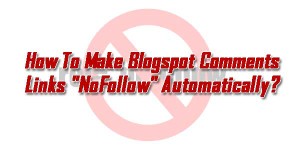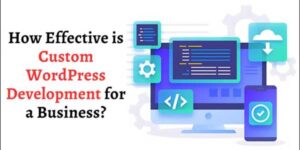
Risks are inseparable from business operations. No matter how careful you are with your business operations, there are risks that must be mitigated and managed. You can minimize those risks and put policies in place to deal with them, but it is often impossible to eliminate operational risks completely. That said, you can go a step further and use insurance to further protect your business from operational risks.
There are a lot of business insurance policies currently available. They are designed to cover specific types of risks. Getting the basic (required) insurance coverage isn’t enough. Is your small business doing what’s necessary to manage its insurance risks?
Table of Contents
Property Damage:
The place from which your business operates is a crucial part of the operation itself. Damages to the property and the surrounding area could disrupt the business and jeopardize its wellbeing. That is why having sufficient property insurance is a must, even when you lease the property you currently use for your business.
Property insurance covers your equipment, furniture, inventory, and even signage and other accessories. The insurance policy provides coverage to these items from damages caused by most natural disasters and fire. A good policy also provides coverage against theft and loss of assets.
Keep in mind that not every natural disaster is covered. There are policies that don’t protect your assets and property from earthquakes and floods. You may need to get a separate policy or to have the existing one customized to get these extra coverage types. If you operate in an area where floods or earthquakes are common, the extra coverage is certainly worth getting.
General Liability:
As a business that deals with clients and vendors, third-party liability is a risk that you face on a regular basis. Not taking this type of risk seriously is a big mistake that could jeopardize the future of your business. Third-party liability claims are often too substantial for the business to bear, causing it to collapse. To prevent this from happening, you need to get general liability insurance for small business.
General liability insurance adds that extra layer of protection you need to safely deal with clients and vendors. In the event of an accident or other unwanted situations, you don’t need to worry about financial responsibilities to the other parties involved. The insurance policy will kick in and cover your business from those responsibilities.
General liability insurance is also recognized as the most basic business insurance to have. Every business needs one for different reasons. As mentioned before, accidents happen even at the best of times, and the general liability insurance is there to protect your business when they do.

Product Liability Insurance:
Unlike general liability insurance, product liability insurance protects your business from claims made by customers who are injured or harmed by the use of your products. This is another must-have insurance policy for small businesses who make their own products or sell goods to the customers.
Steps are taken to make sure that the products are safe before they leave the factory, but in the case of an accident caused by your products, the product liability insurance will cover the costs of rectifying the problem. It will also cover damage claims filed by customers who are injured by your products.
Product liability insurance is very customizable. You can choose to insure every product you release to the market or select ones based on your risk mitigation plan. The insurance policy can be customized to the specific needs and requirements of your business too. You don’t have to pay extra for features and coverage you don’t need.
Vehicle Insurance:
Company vehicles are assets that help support business operations. Company cars, shipping trucks, and other vehicles carry with them risks that could harm the business in a substantial way. An accident involving one of your shipping truck can be catastrophic enough to cause a complete shutdown of business operations.
The vehicle insurance protects your business from liability in the event of an accident. The policy can also be made to cover damages to the vehicle and injuries to your personnel, along with third-party liabilities that arise from the accident. A comprehensive vehicle insurance is the best one to have if you want to fully protect your business.
Business Interruption Insurance:
Business interruption insurance, as the name suggests, protects your business from financial harm caused by a disaster or interruption to business operations due to other causes. Whenever the business cannot operate normally, the policy provides coverage against the loss of income and overhead costs that the business needs to absorb.
Other insurance types such as professional liability insurance and workers’ compensation insurance are available for businesses who need the specific coverage types. Regardless of the insurance you use, it is important to mitigate the risks faced by your business and choose the right coverage types to minimize those risks.


















Be the first to write a comment.